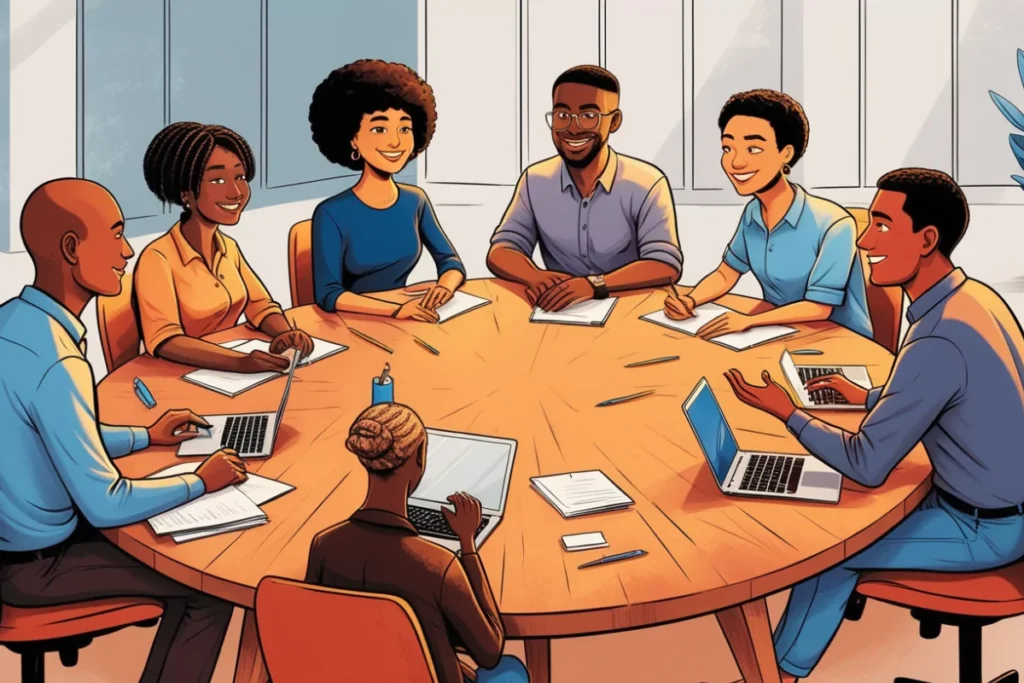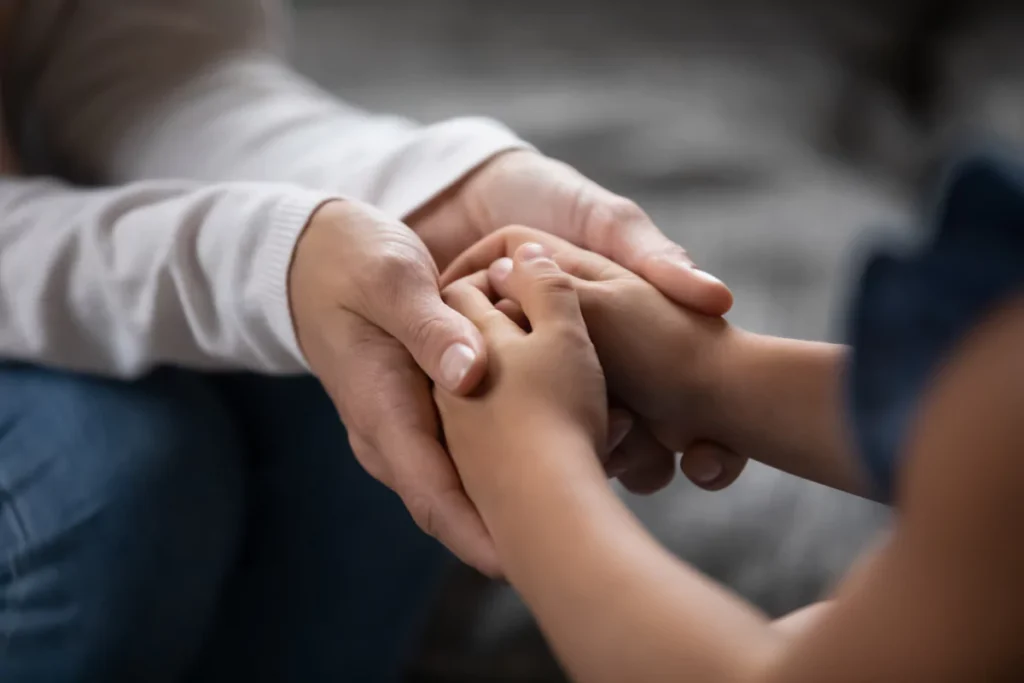Hello people! What makes some relationships endure difficult times and others cannot?
The answer sometimes lies in how these partners manage themselves. It is suggested that couples who work towards growth and change as individuals and as a couple can address adversity by creating a greater attachment bond. Instead of quarreling, which is very common, couples face challenges and turn to each other, making their relationship much more rewarding.
Let’s dive in!
Table of Contents
The Use of Group Work for a Relationship

Closeness is one of the most effective ways couples reshape themselves by collectively achieving things. Due to financial pressures, illness, or family discord, couples who attend the workplace realize they handle the challenges better by pulling together.
They find great differences from other teams because instead of finding a challenge simply as a separate problem the team needs to address, they focus on development together. When both partners are ready to talk, be vulnerable, and find an answer together, they create a strong base of trust and work together.
Likewise, the development of teamwork reduces the level of hierarchy within the organization. It always creates the feeling that everyone in that relationship is an important person whose opinions count.
They solve difficulties with a belief system that does not recognize that the problem belongs to me or you but to us. This integrated approach results in a closer coupling and a better capacity to overcome adversity head-on.
Emotional Support The Key to Resilience

The protective significance of relationships appears if one of the partners becomes an acute patient of troubles: Recall, to calm down, how emotional support by the second partner made all the difference to you.
Happily married couples, in particular, reported managing stress by letting their partners know how they feel and what is bothering them, worrying them, or upsetting them. This supportive environment makes each partner feel vulnerable but is healthy and empathetic because they do so for the other with equal reciprocation.
Cognitive support also incorporates facts as a means of helping couples stay rational when they are emotional. And don’t you feel lonely or surrounded by incredible stress during a crisis? However, when one partner supports the other, telling the other that they are not the only one going through whatever phase they are in, your partner listens. This emotional endurance makes them closer, and after any adversities, they become even more bonded with their husband/wife.
Consumption: This transaction plan examines evidence-based aspects of healthy communication and conflict resolution.
Positive shared experiences
The latter indicates that constructive approaches imply that couples also build positive experiences in difficult situations. These small things, such as going out for lunch, preparing dinner together, or watching a movie, create a deposit into a positive experience account. Such experiences serve as a mediator during the worst days: The partners can recall having good times together.
The following video explains about Emotional Support:
Conclusion
Finally, the critical ingredients in an enduring bond revolve around learning how to deal with issues collectively. The partners who can stand each other in good stead, be supportive and comprehensible, and develop as two in-laws during the rough phase gain strength. Well, the next time you are in a difficult situation.
Do You Have The Right Chemistry For Surviving Difficult Times In Your Partnership?

